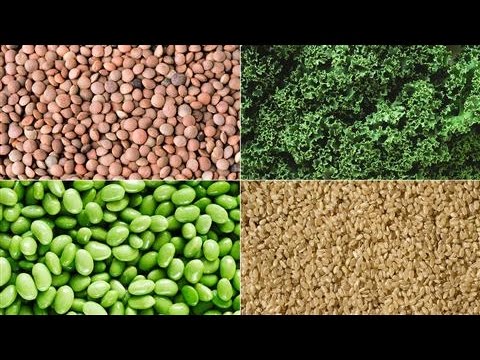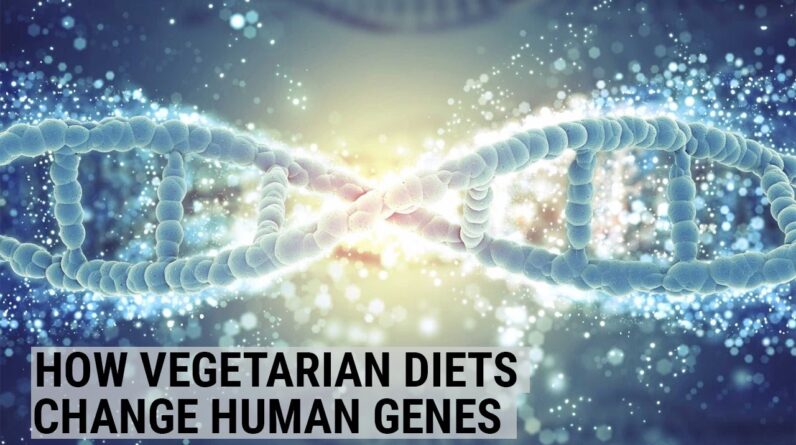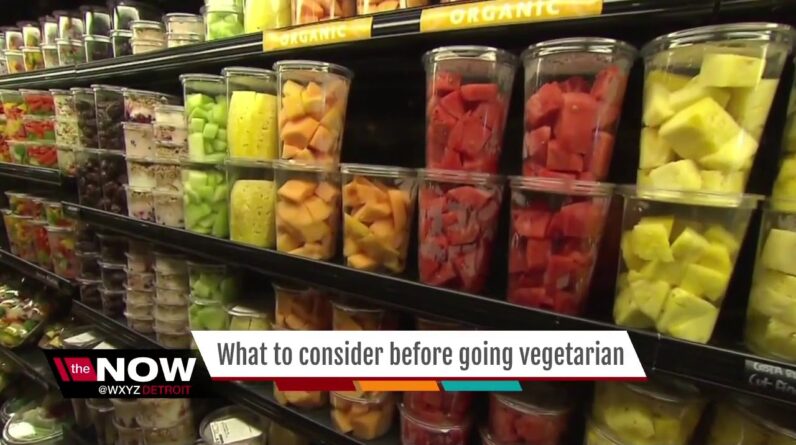
Have you ever wondered what exactly is a vegetarian diet? Well, in general, a vegetarian diet is one that excludes meat. But did you know that there are different types of vegetarian diets? Oh yes! There’s the lacto-ovo vegetarian, the lacto-vegetarian, and the vegan diet. In this article, we will explore the differences between these three types of vegetarian diets. We’ll also delve into the reasons why you might choose to follow a vegetarian diet and provide tips on how to maintain a healthy vegetarian lifestyle. So, get ready to discover the fascinating world of vegetarian diets!
A vegetarian diet is all about enjoying a wide variety of delicious foods without consuming any meat. Whether you choose to follow a lacto-ovo vegetarian diet, which includes dairy and eggs, or a lacto-vegetarian diet, which excludes eggs but includes dairy, or even a vegan diet, which excludes all animal products, there’s a whole world of culinary possibilities to explore. From nutritious fruits and vegetables to protein-rich legumes and grains, you can still enjoy a balanced and healthy diet while being a vegetarian. So let’s dive in and uncover the nuances and benefits of each type of vegetarian diet. Stay tuned for an enlightening and tasty journey!
Differences Between Lacto-Ovo Vegetarian, Lacto-Vegetarian, and Vegan Diets

This image is property of i.ytimg.com.
What is a Vegetarian Diet?
A vegetarian diet is a dietary pattern that excludes meat. Instead, it primarily focuses on plant-based foods such as fruits, vegetables, grains, legumes, nuts, and seeds. Vegetarian diets can offer a range of health, environmental, and ethical benefits.
Types of Vegetarian Diets
There are several types of vegetarian diets, including lacto-ovo vegetarian, lacto-vegetarian, and vegan diets. These diets differ in terms of the inclusion or exclusion of certain animal products, such as dairy, eggs, and other animal-derived foods.
Key Differences Between Lacto-Ovo Vegetarian, Lacto-Vegetarian, and Vegan Diets
-
Inclusion of Dairy and Eggs
- Lacto-Ovo Vegetarian: This diet includes dairy products and eggs while excluding meat and seafood.
- Lacto-Vegetarian: This diet includes dairy products while excluding meat, seafood, and eggs.
- Vegan: This diet excludes all animal-derived products, including dairy, eggs, and honey, in addition to meat, seafood, and poultry.
-
Exclusion of Dairy and Eggs
- Lacto-Ovo Vegetarian: Dairy and eggs are included in this diet, providing calcium, vitamin D, and vitamin B12.
- Lacto-Vegetarian: Dairy products are included in this diet, contributing to calcium, vitamin D, and vitamin B12 intake, while eggs are omitted.
- Vegan: Dairy and eggs are completely excluded from this diet. Alternative sources of nutrients like calcium, vitamin D, and vitamin B12 need to be carefully considered.
-
Exclusion of Animal Products Completely
- Lacto-Ovo Vegetarian: This diet allows for the consumption of animal-derived products like dairy and eggs, making it more flexible.
- Lacto-Vegetarian: This diet excludes meat, seafood, and eggs but still includes dairy products.
- Vegan: This diet eliminates all animal-derived foods, including meat, seafood, eggs, dairy, and honey.
Benefits of Lacto-Ovo Vegetarian, Lacto-Vegetarian, and Vegan Diets
-
Health Benefits
- Lower risk of chronic diseases: Plant-based diets have been associated with a reduced risk of heart disease, high blood pressure, type 2 diabetes, and certain types of cancer.
- Weight management: Vegetarian diets, when balanced and nutrient-dense, can support healthy weight management.
- Improved digestion: A diet rich in plant fibers from fruits, vegetables, and whole grains can promote healthy digestion and prevent constipation.
-
Environmental Benefits
- Reduced resource consumption: Plant-based diets generally require fewer natural resources, such as land, water, and energy, contributing to environmental sustainability.
- Lower greenhouse gas emissions: Animal agriculture is a significant contributor to greenhouse gas emissions. By choosing plant-based diets, individuals can reduce their carbon footprint.
- Preservation of biodiversity: Plant-based diets require less land for livestock production, which helps preserve natural habitats and biodiversity.
-
Ethical Considerations
- Animal welfare: Following vegetarian or vegan diets can align with values of compassion and respect for animals by reducing demand for products obtained through animal exploitation and cruelty.
- Sustainable food systems: Promoting plant-based diets supports the development of more sustainable and ethical food systems that prioritize the well-being of animals.
- Personal values: Individuals may choose vegetarian diets based on their personal beliefs and values, such as promoting a more peaceful and harmonious world.
Challenges of Following Lacto-Ovo Vegetarian, Lacto-Vegetarian, and Vegan Diets
-
Nutritional Considerations
- Meeting nutrient needs: It is important to ensure an adequate intake of nutrients such as protein, iron, calcium, vitamin B12, and omega-3 fatty acids when following any type of vegetarian diet.
- Planning balanced meals: Vegetarians need to be mindful of combining plant-based protein sources to obtain all essential amino acids. They may also need to consider supplements or fortified foods for certain nutrients.
-
Social and Practical Challenges
- Dining out: Restaurants and social gatherings may have limited options for vegetarians, requiring individuals to plan ahead or communicate their dietary preferences.
- Family preferences: If living with non-vegetarian family members, it may be challenging to create meals that accommodate different dietary preferences and ensure everyone’s nutritional needs are met.
Tips for Following a Healthy Lacto-Ovo Vegetarian, Lacto-Vegetarian, or Vegan Diet
-
Ensuring Adequate Protein Intake
- Incorporate a variety of plant-based protein sources like legumes, tofu, tempeh, seitan, quinoa, and nuts into your meals.
- Combining different protein sources can enhance protein quality and ensure adequate essential amino acid intake.
-
Incorporating a Variety of Fruits and Vegetables
- Aim for a diverse range of fruits and vegetables to obtain a wide spectrum of vitamins, minerals, and phytonutrients.
- Include both raw and cooked options to maximize nutrient availability and diversity in your diet.
-
Meeting Nutritional Needs through Fortified Foods
- Consider fortified plant-based milk alternatives, cereals, and nutritional yeast to ensure sufficient intake of calcium, vitamin D, and vitamin B12.
- Explore supplementation options or speak with a healthcare professional or registered dietitian to optimize nutrient intake.
Conclusion
Choosing to follow a lacto-ovo vegetarian, lacto-vegetarian, or vegan diet can have various health, environmental, and ethical benefits. It is essential to understand the differences between these three dietary approaches, as well as the potential challenges and strategies for maintaining a balanced and nutritious plant-based diet. By considering these factors and incorporating helpful tips, you can successfully follow a vegetarian diet that suits your needs and values.






